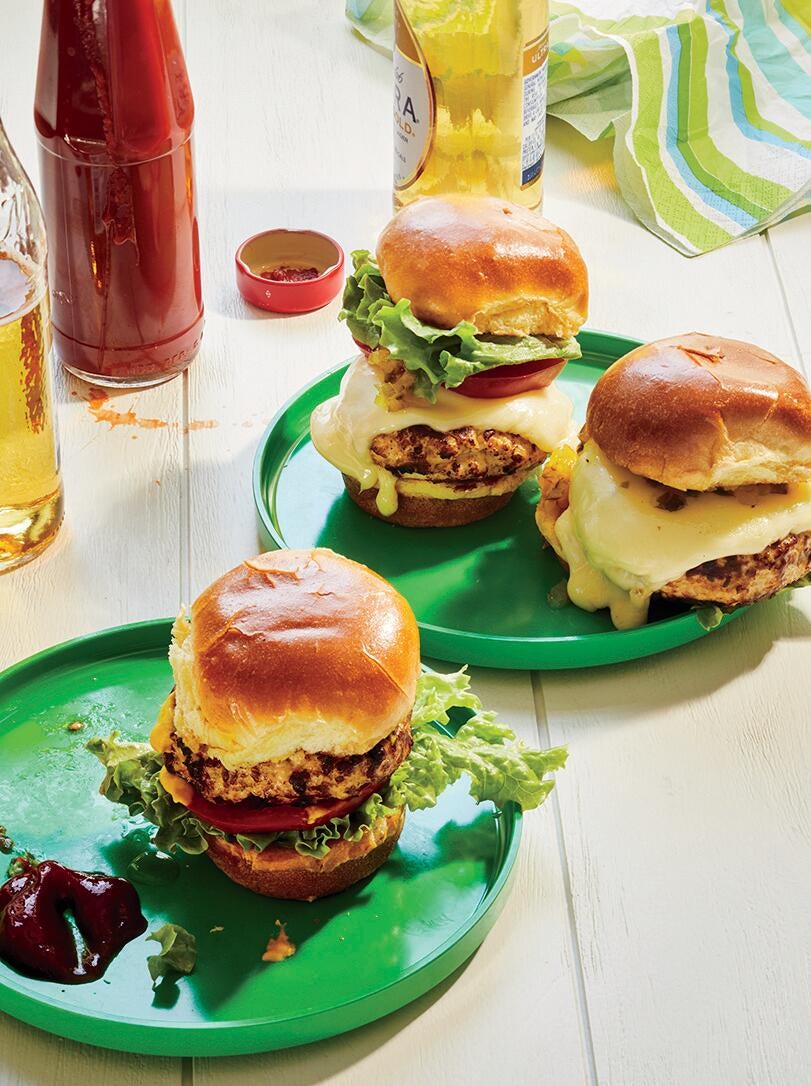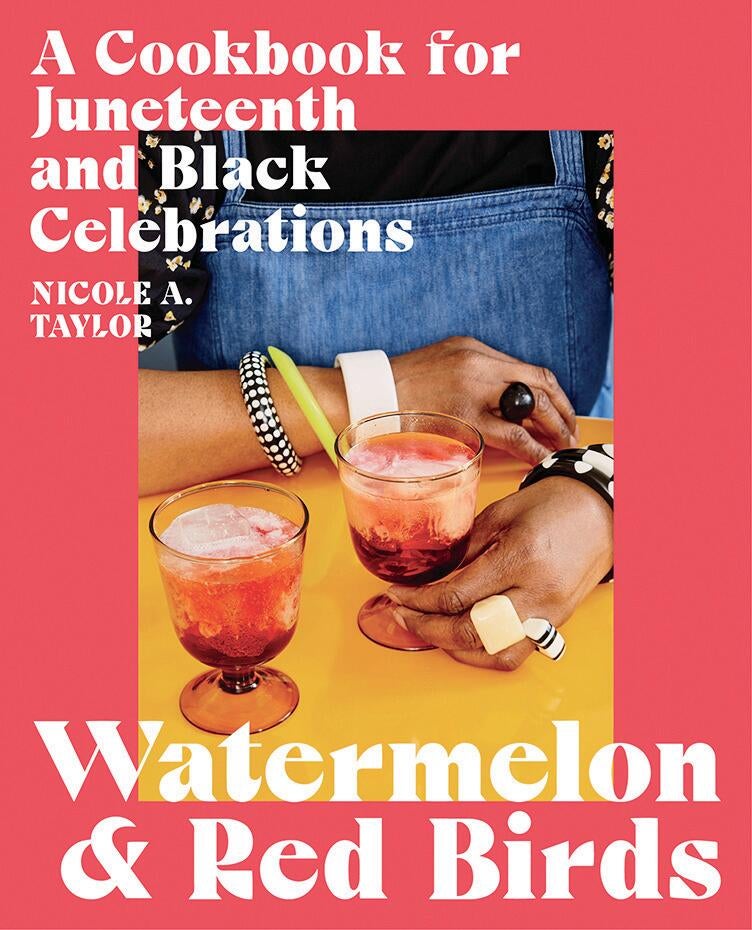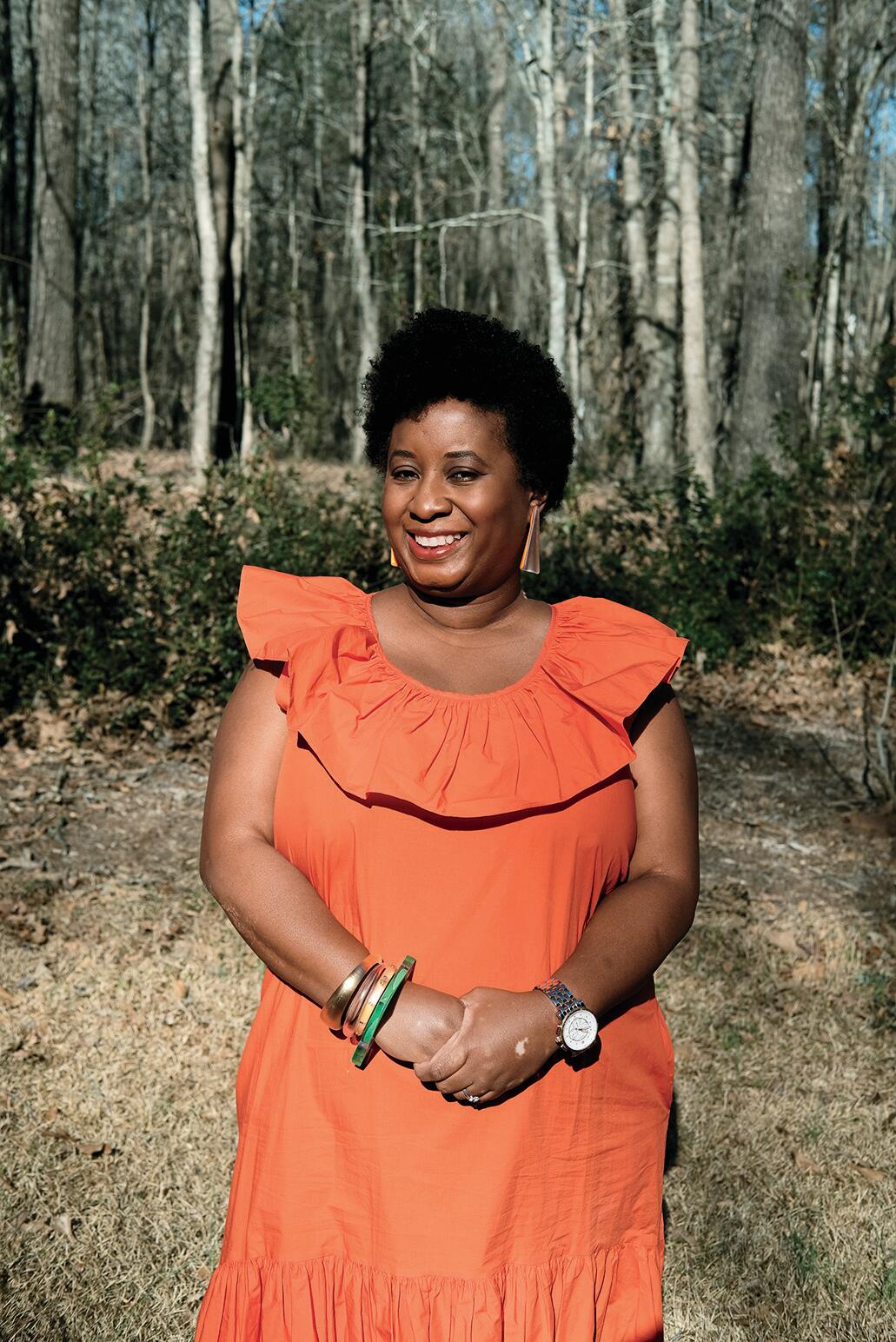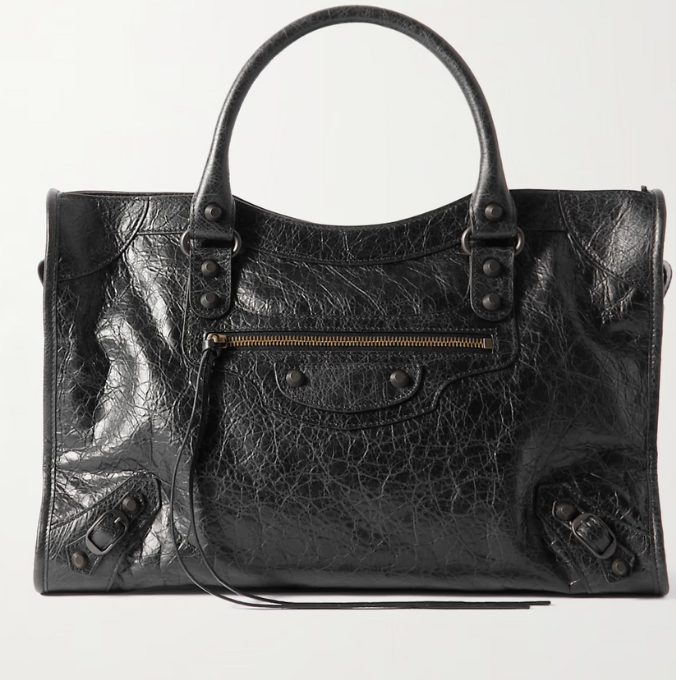
This story appears in the May/June 2022 issue of ESSENCE.
Before Juneteenth was made into a federal holiday in the United States, in 2021, many thought the date was celebrated only by folks who lived in Texas. It’s true that since Union troops arrived in Galveston Bay on June 19, 1865, and announced to more than 250,000 enslaved Black people that they were actually free, Juneteenth has been a staple of the Black Texan experience. But thanks to the Great Migration, Juneteenth festivities have been a presence in parks and backyards around the country for years.
“The very first time that I commemorated Juneteenth, I was in New York,” says writer and author Nicole Taylor. More than 10 years ago, she found herself attending the festivities at a park in Brooklyn. Though she was raised in the South—in Athens, Georgia—and lived in Atlanta for 13 years before moving up North, growing up, “I don’t even think I heard the term Juneteenth,” she says. However, in that tree-lined park in Brooklyn, as Black children rode horses and people celebrated freedom, Taylor was immediately inspired. “It was a very simple, very nimble, yet proud and strong version of Black people doing their own thing on a Saturday,” she recalls. “That’s what I remember most, is that things don’t have to be big to be impactful.”

Every year since, she has hosted or participated in a Juneteenth event somewhere in the country. Whether in New York, Georgia or Texas, she’s sought to recreate for family and friends the Black joy she first witnessed more than a decade ago. A big part of that joy is food, which Taylor knows a lot about. A James Beard Award–nominated writer and cookbook author, she released her first work, The Up South Cookbook: Chasing Dixie in a Brooklyn Kitchen, in 2015. In 2017, her New York Times article about Juneteenth connected her name to the annual observance. Taylor soon found herself being asked to help bring a “niche” holiday into the mainstream consciousness. “People started associating Juneteenth with me—and then pretty much every year after that, I wrote about Juneteenth for some publication,” she says.
Her literary agent encouraged her to consider a cookbook based on the holiday. Though she initially had reservations, when the pandemic hit, she had a change of heart. The grief around the killing of George Floyd, as well as the uprisings in support of Black lives, made it all the more necessary to shed light on Black celebrations, especially in the midst of Black pain. “I thought about how Black people’s sorrow is often booked in with celebration. It reminds me of a Black repast, right? Somebody dies in your family, and for two or three days, everybody’s gathering. Sometimes there are people you’re meeting for the first time, or you haven’t seen them in years. And you’re all mourning, but it also turns into a joyful family reunion,” she says. “That is the most basic expression of Black people and Black Americans—we take something that is so serious and sacred, and so sad, and we find a moment just to be with family and just to think about the goodness in people that we love.”
When Juneteenth was made a federal holiday by the Biden administration a year later, in June 2021, Taylor decided there was no better time to write a cookbook about Black America’s June 19th traditions. Having left New York City during the pandemic to return to her roots in Athens, she began work on what would become Watermelon & Red Birds, an essential cookbook for the Juneteenth holiday, which was released on May 31 through Simon & Schuster.
Inspired by the creations of food writer Jessica Harris and chef Bryant Terry, Taylor crafted the first cookbook to celebrate America’s “second Independence Day.” She highlights new and standard dishes eaten on the holiday, sharing the best tools, finest flavorful seasonings and most important pantry staples to create them. Every recipe is a fresh spin on traditional fare consumed at festivities year after year. For instance, for the signature red drink to symbolize the blood shed by our ancestors, she decided, “Okay, I’m doing a whole chapter on red drinks.” It includes a homemade “Kool-Aid,” a Maroon Margarita with a strawberry base, a savory Miso Bloody Mary and a sweet Afro Egg Cream with hibiscus tea, simple syrup, half-and-half and seltzer.
Another must at any Juneteenth gathering is something smokin’. “You’ve got to have some kind of food on the grill,” Taylor says, noting that it doesn’t always have to be red meat. “I didn’t do a regular beef burger. I did a chicken burger, and I wanted to make sure the chicken burger was juicy. I chose that because you’ve got so many people now who aren’t eating red meat.”

But those who haven’t sworn off red meat are still covered, as Taylor pays homage to Texas barbecue: “I did a beef rib on the grill and a bunch of barbecue sauces, so people can kind of mix and match.” She also includes mouthwatering grilling recipes for lamb chops with pitted apricot, a classic rib-eye steak and even oysters on the half shell.
There are also festival-inspired treats and desserts sure to please everyone. And she didn’t forget the sides, including the controversial potato salad. “I definitely had to touch on the potato salad,” she notes, “because ‘Who made the potato salad?’ is the first question everybody is going to ask when they start looking at it on Juneteenth.”
Everything is offered mindfully. For example, if you don’t have access to a charcoal or gas grill, the meats can be made in an oven or on a stove top. Every category of food is introduced with a history lesson, a laugh, and all the information needed to truly appreciate the individual dishes and the holiday as a whole. Taylor’s hope is that the 200 pages of Watermelon & Red Birds will center Black celebrations, Black creations and Black life, with food as the gateway to all that.
“In the United States, and more specifically in the American South, if you start looking at what people love the most, it is the Black hands that shaped our culture and traditions,” she says. “So the more we center American food—and talk about enslaved people and free people, like our grandmas and our mamas, and how they moved in the kitchen and what they made—the more people will appreciate Black Americans’ contributions to the America that people love.” In the end, she says, “I’ve tried to give the reader, or the person cooking, more than just recipes and more than just Black food history. I’ve tried to give them a peek into contemporary and futuristic Black life.”
The Essentials
Nicole Taylor riffs on the flavorful offerings you must bring to the picnic table this Juneteenth

RED DRINK OR BUST:
“‘What are we drinking?’ I think that’s the first thing I think about,” Taylor says. She mentions portable options like her Sweet Potato Spritz, made with sweet potato syrup, sparkling wine and vodka. And something everyone can make easily is her Kool-Aid–inspired drink. “It’s dried fruits, pulverized down into a powder with sugar,” she says, “from which you can make a strawberry lemonade.”
A SPOIL-FREE SALAD:







“As much as I love potato salad, I’m always very concerned about it spoiling from being left out, particularly when it’s hot,” says Taylor. Instead, she recommends a tomato eggplant salad or one of her other easy-peasy alternatives. “I would try to pick a salad that was a little bit more portable—like the Summer Peas, Green Beans & Corn Salad. That’s a perfect salad that won’t spoil at room temperature. And if you have a cooler, it’s just really easy to have in a container.”
GRILLED GOODNESS:
While burgers are always welcome, roasted mushrooms are something different to bring to the gathering. However, Taylor says, you can really impress with lamb. “If you’re doing a picnic, the lamb chops can be thrown on the grill, and you can also grill the apricots and bring the chimichurri to go on the side,” she says. “If you just want to bring everything up a notch, I totally recommend you go with the lamb chops.”







